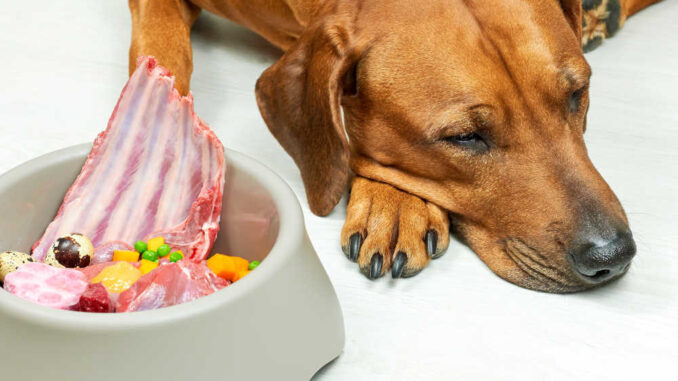
This article was updated on March 15th, 2024
As a veterinary surgeon, one of the main problems I see in my practice is dogs lacking appetite and not eating well following surgery. If this has happened to you and your dog, then rest assured that you are not alone. In this article, I’ll explain when it’s time to worry, and how you can help your dog get back to their old self.
Why do dogs lose their appetite after surgery?
After a surgery or anesthetic, most dogs experience some level of anorexia due to the pain, the anesthesia, or general stress and discomfort. This can range from just being a little pickier with their food to refusing food altogether.
A dog may lose its appetite after surgery due to pain or general stress and discomfort. Anesthetic drugs also slow down the gastrointestinal system, resulting in food moving along the gut slower than normal – this results in the usual triggers of hunger not getting to the brain.
Some dogs may simply not feel like eating, while others might experience gastric upset along with nausea and vomiting.
Should I be concerned?
After your dog has gone through surgery or an anesthetic episode, it is normal for them to experience a loss of appetite. They may not want to eat at all, and be rather sluggish and lethargic in comparison to their usual selves.
Understandably you may be concerned that something is wrong, but rest assured this is a natural part of the recovery process. If you are worried about your pet not eating then you should contact your vet, who will give you advice as to whether it’s time to worry or whether there are other steps that can be taken. In most cases, dogs will make a full recovery and start eating again within 2-3 days following the operation.
What can I do at home to help my dog eat better after surgery?
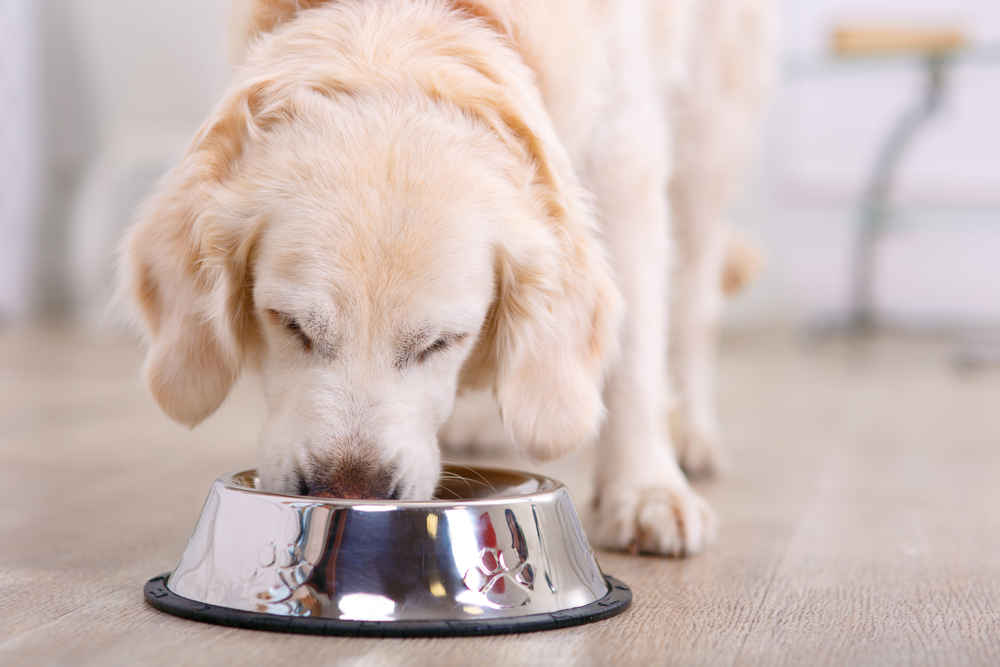
If your dog is not eating after surgery, you can try to:
- Offer smaller, more appetizing meals. Feeding smaller meals more frequently throughout the day instead of big meals that could seem overwhelming for your pup.
- Hand-feeding gently. Give your dog a few hours to wake up after getting them home and encourage them to eat by hand-feeding gently.
- Add wet food. Add wet food to dry kibble or warm water to their food will make it more appealing and moisten up the meal. Pre-made baby food, boiled chicken or a home-cooked meal might help perk up their appetite – but keep the meals as plain as possible.
Lastly, never force feed your dog as this can be stressful and cause further digestive problems; just take things slowly, be patient and attentive as they heal. If any concerns arise or if you notice a prolonged lack of appetite or nausea, contact your vet right away for guidance. Learn more with our 9 tips to help your dog eat more.
When should my dog get better – and start eating again?
Following surgery, it’s not uncommon for dogs to experience a period of decreased appetite. Generally speaking, your pup should return to normal within 24-72 hours post-surgery. If your pup isn’t back to eating normally within this time frame or if you have any concerns whatsoever, make an appointment with the vet as soon as possible. Rest assured though – in most cases, appetite will gradually return and by the end of the week things should be back on track!
Call your vet if your dog is still not eating after 24-72 hours, or if you see other signs of illness
One of the most common questions I get asked is at what point should my patients contact me if their dog is not eating after surgery or anesthesia. This can be a difficult situation as there are many possible reasons why your dog isn’t eating and it’s important to correctly assess the situation so that you know whether they need urgent medical attention or not.
If you’re concerned, don’t hesitate to call your vet for advice; It is generally advisable not to wait more than 24-72 hours for them to start eating again but, if they have a specific medical condition, then this could be longer and will depend on the individual case and symptoms.
You should reach out to your veterinarian if your dog is displaying any abnormal symptoms such as:
- vomiting
- diarrhea or
- extreme lethargy
Lack of appetite can also be a sign of more serious complications so if they don’t start eating again within a couple of days post-surgery, contact your veterinarian to discuss next steps.
Learn more with our 9 tips to help your dog eat more.
Disclaimer: This website's content is not a substitute for veterinary care. Always consult with your veterinarian for healthcare decisions. Read More.


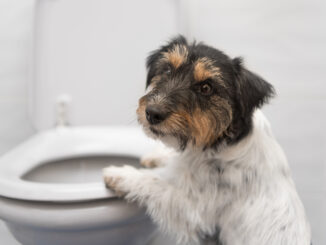
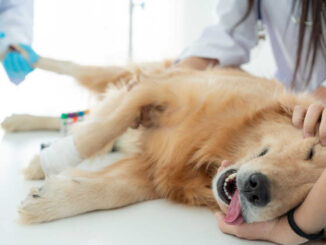
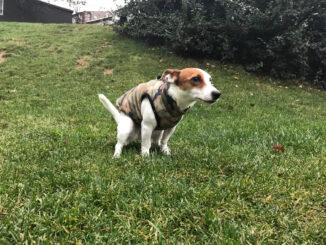
Be the first to comment